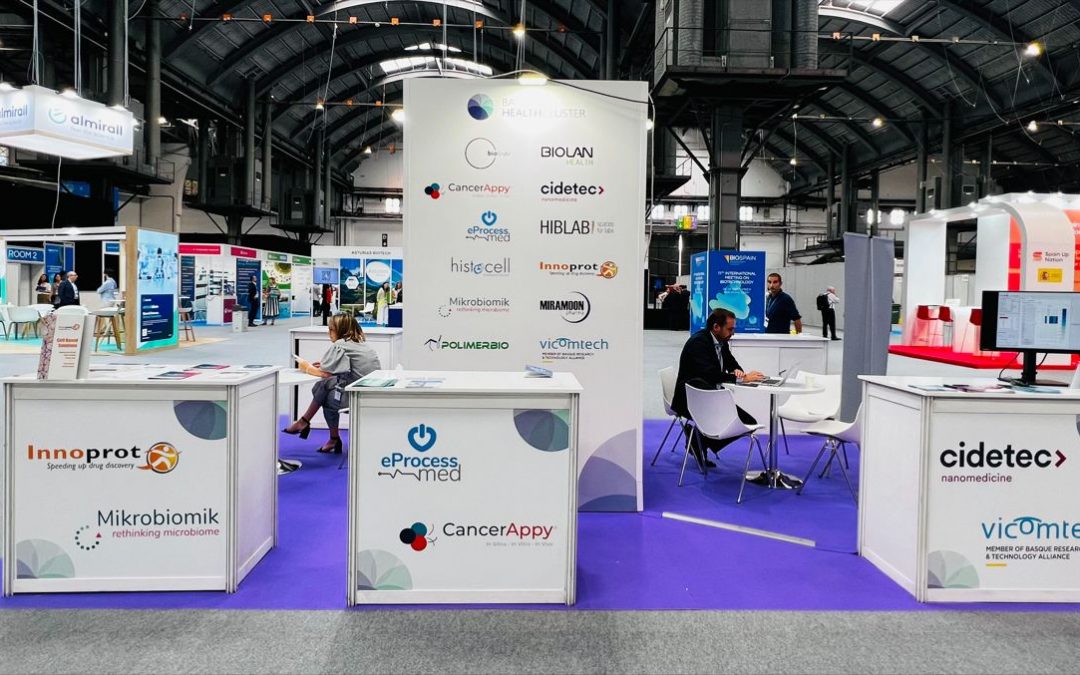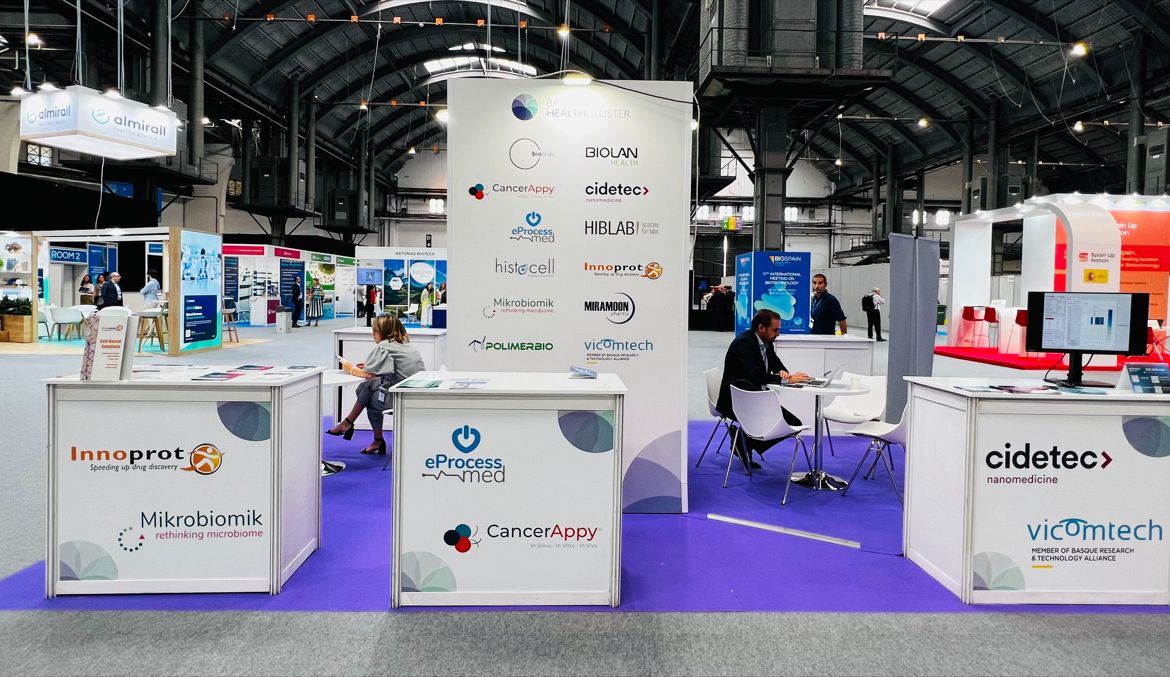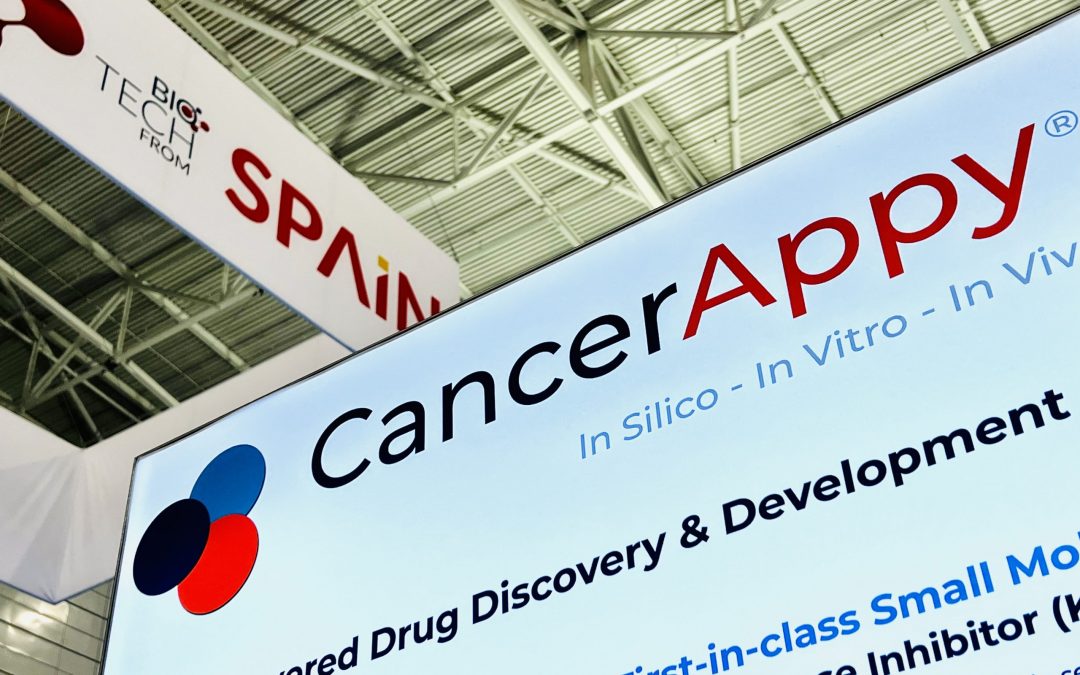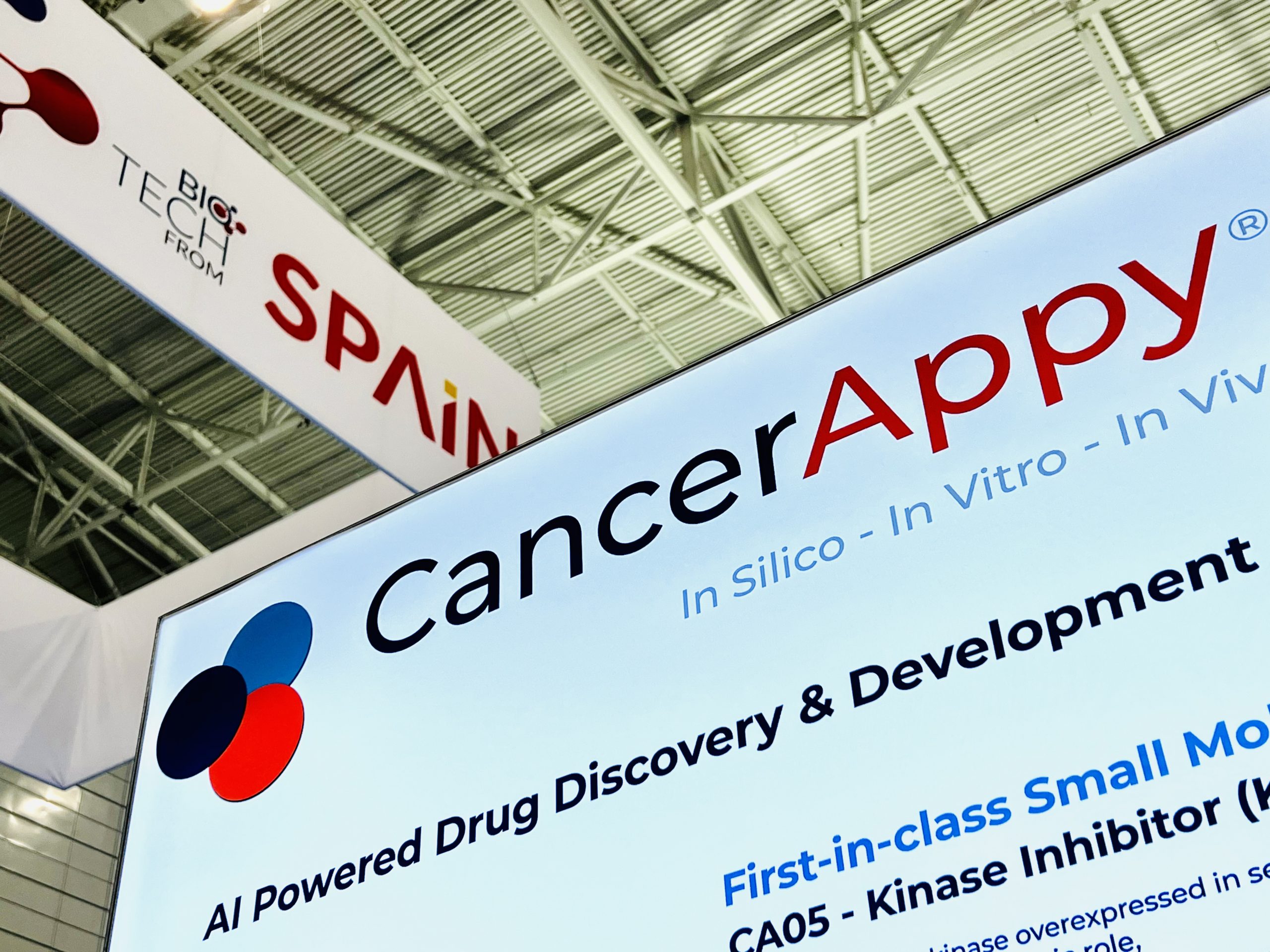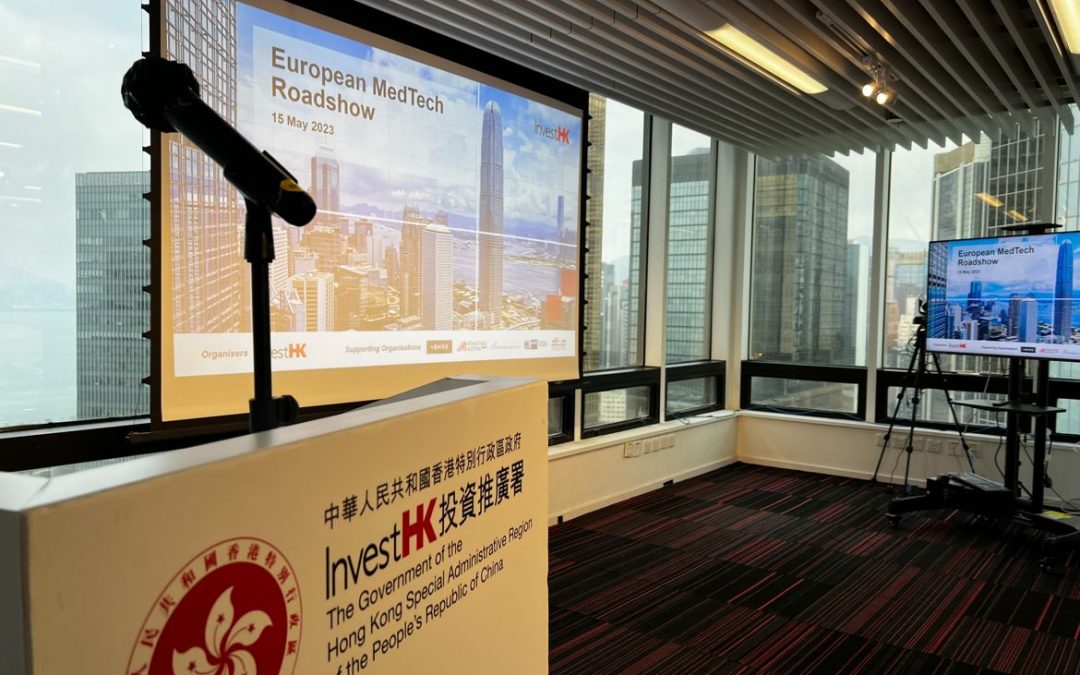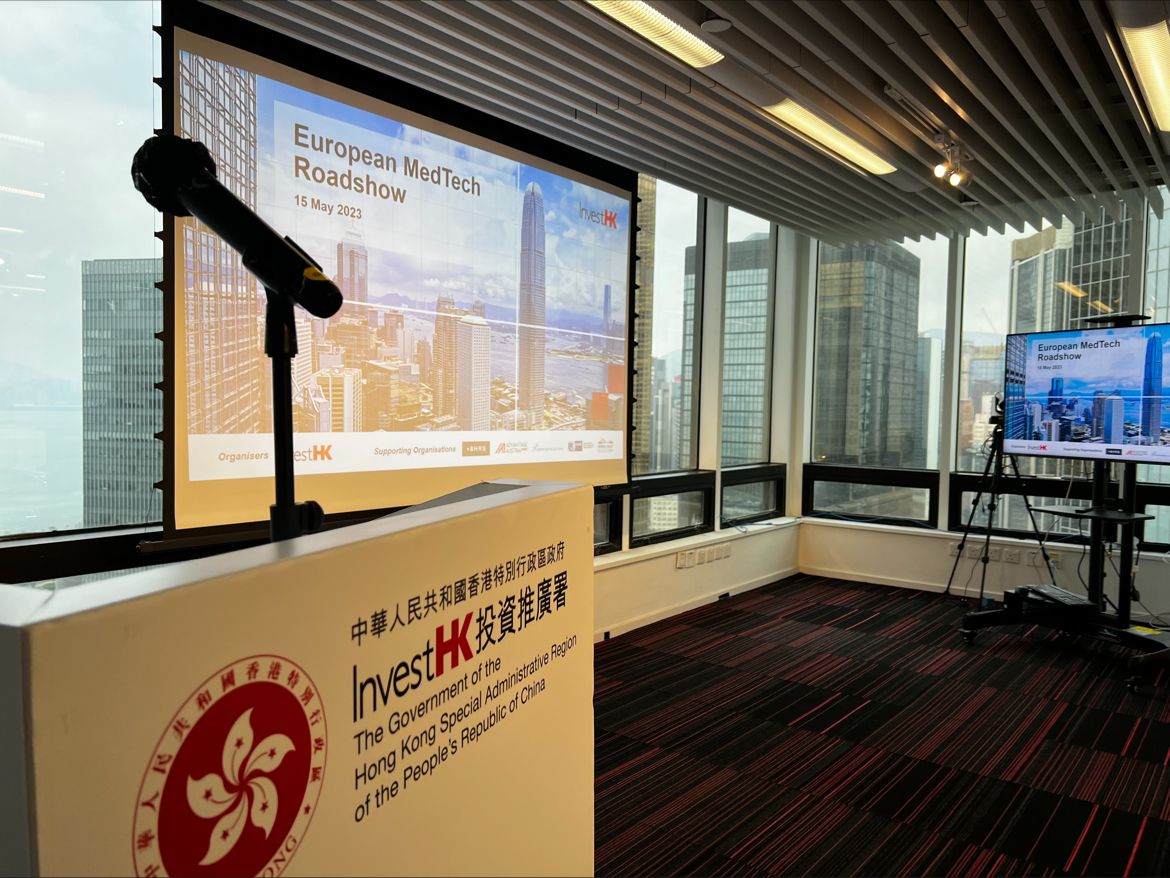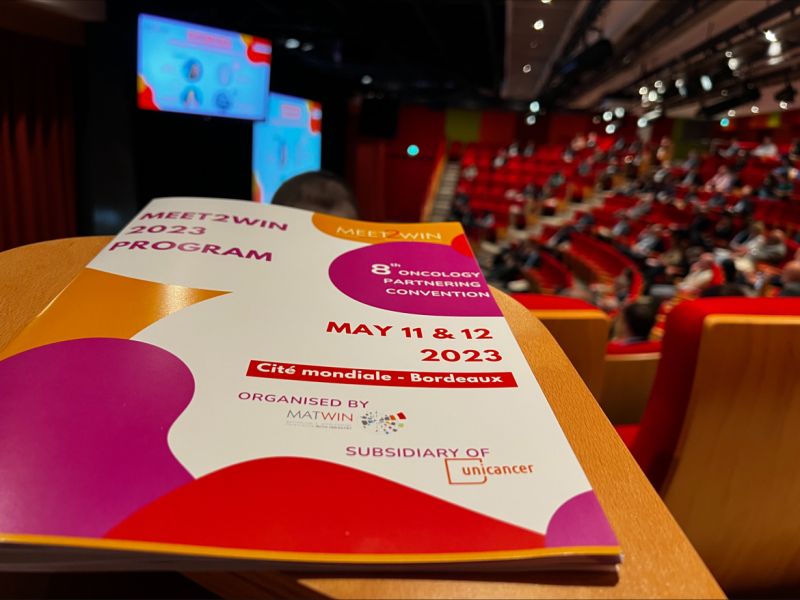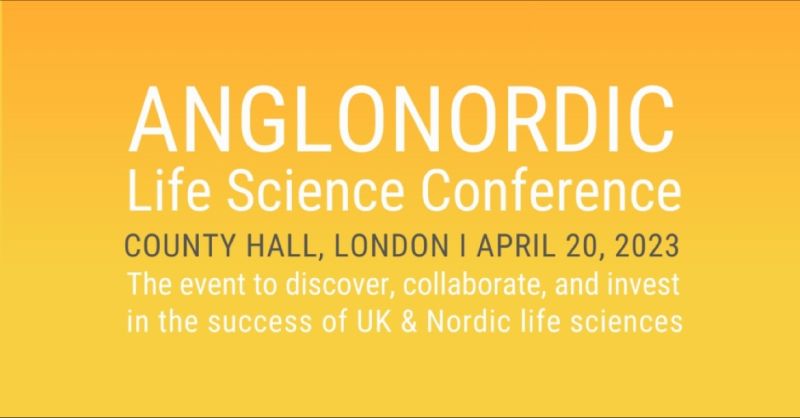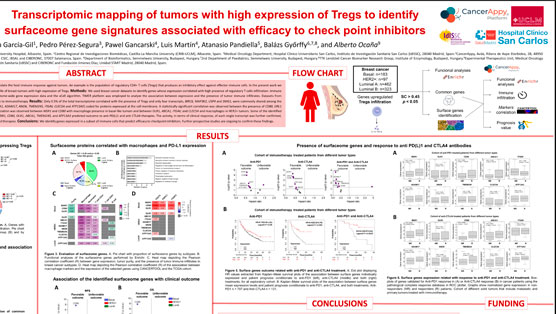
CancerAppy at ESMO Congress: Pioneering Research Unveiled!

CancerAppy’s groundbreaking study at ESMO Congress (Oct ’23) reveals profound insights into Treg impact on tumor immune responses. Unearthing common transcripts and potential predictors, our AI-driven research shapes the future of cancer treatment.
CancerAppy has contributed to a groundbreaking study unveiled at the esteemed ESMO Congress in Madrid (October 2023) Our pioneering biotech, harnessing the power of AI in Drug Design, has taken a major step in understanding immune cell populations within tumor environments, specifically the regulatory CD4+ T cells (Tregs), and their profound impact on tumor immune responses.
Intriguing insights emerged from the analysis of breast cancer datasets, unveiling a mere 0.5% of the transcriptome intricately linked to Treg presence. Notably, we unearthed four common transcripts shared across various cancer subtypes (BIRC6, MAP3K2, USP4, SMG1). Additionally, our study highlighted ten upregulated genes, predominantly expressed at cell membranes, intricately correlated with PDL1/PD1 expression or the presence of macrophages in basal-like/HER2+ tumors.
Several genes—MSR1, CD80, OLR1, ABCA1, TMEM245, ATP13A3—emerged as potential predictors of favorable outcomes and responses to anti-PD(L)1/CTLA4 therapies, illuminating promising avenues to fortify anti-tumor immune activity.
This research highlights the immense potential of modulating Treg responses, offering a compelling glimpse into the future of cancer treatment. Furthermore, it highlights the usefulness of in-depth treatment of existing and available data for decision-making in the design of new drugs and treatments.
Stay tuned as we continue to validate and unlock the transformative impact of these findings. #ESMO2023 #AIDrugDiscovery #CancerResearch #Immunotherapy

